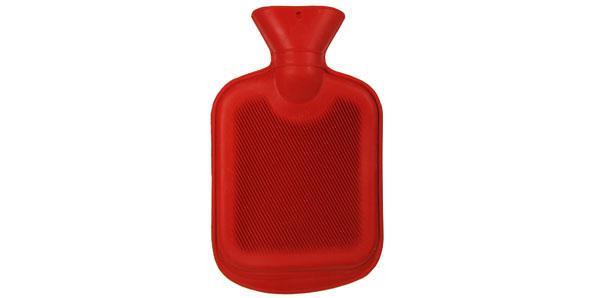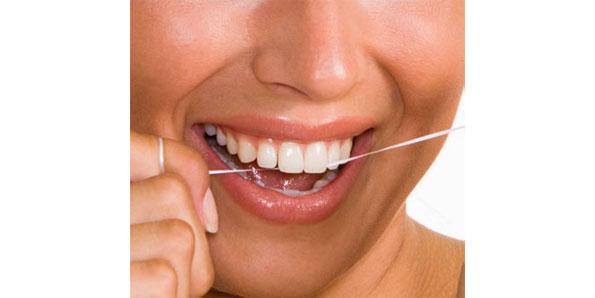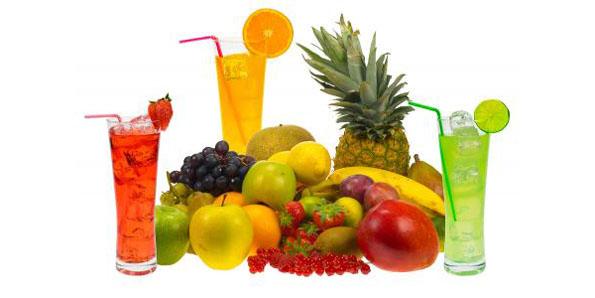In a society where the media constantly informs people about the dangers of vices like smoking, excessive alcohol consumption, reality distorting drugs and engaging in numerous other high risk behavior, there are still unknown or at least less known threats lurking in the shadows. It would appear at first glance that basically anything you do nowadays is bound to kill you, some of them sooner and some of them in a couple of years.
Even the most common daily activities that people share fall under this category, as you are about to find out. However, we’re not going to discuss the obvious one like the dangers of eating junk food on a daily basis, working in a high stress environment or overindulging in sweets. There are far more subtle potentially harmful factors masquerading as “normal” and “harmless” in our daily routine.
1. A fish-based diet
Fish meat has long been advocated as providing great health benefits, especially in terms of improving brain functions, in addition of course to being absolutely delicious. While normally the fish meat – safe of course for the species that are naturally poisonous – does not contain any harmful toxic elements, it does show a great propensity towards absorbing the toxins present in their habitat. Therefore, a vast majority of oceanic fish will contain a substantial amount of mercury, whereas the non-oceanic species (particularly farm bread ones) are intentionally spiked with pesticides to control the spread of sea lice. Take your pick.
2. Tap water and even its bottled version
PFOA and PFOS are as dangerous as they are omnipresent in virtually all products, especially electronic devices, rugs, food wrappers, etc. However, while you could avert contact with them by steering clear of the aforementioned items as much as possible, water is not exactly avoidable. And, the bad news is that in spite of the risks posed by exposure, the U.S. federal authorities have not implemented laws to determine water providers to control the amounts of PFOA and PFOS.
3. On the same subject, hot water bottles
The materials utilized for the hot water bottles, more exactly the polycarbonate plastics, contain another dangerous substance – Bisphenol A (BPA). Tests conducted on laboratory mice have displayed shocking results, as the specimens held in cages constructed from these fabrics exhibited a 40% chance of developing chromosomal mutations. In addition, other research studies indicated a direct connection between BPA exposure and carcinoma (particularly breast/prostate forms), endocrinal dysfunctions and brain damage.
4. Utilizing dental floss and shampoo
PFC or Peri-Fluorinated Compounds are widely utilized in various industries due to their ability of making a surface resistant to stains and adhesion. Since the PFCs are very hard to break down and due to their high toxicity levels, they have no place in products like dental floss, soap or shampoo. Unfortunately, the proven link between kidney/liver failure and the usage of PFC based cosmetics is ignored by the manufacturers, as well as their high toxicity for newborns/fetuses. Moreover, in the U.S. the number of PFC products is higher than for any other part of the world, due to the absence of its mention in the legislation.
5. Television, bad for you on many different levels
Naturally, spending most of the time in front of the television set is not exactly considered healthy by anyone, especially since the behavior is associated with a sedentary lifestyle, junk food, alcohol/tobacco consumption, etc. But recently, Queensland University finalized a rather comprehensive study which shows that an individual’s lifespan decreases proportionally with the number of hours spent in front of the TV at a rate of 22 minutes per hour. This means that you aren’t just wasting your life watching TV, you are also shortening it.
6. Inhaling the air inside your own home
Counterintuitively, the air outdoors is not nearly as bad for you as the one inside, in spite of all the pollution, smoke, exhaust gases, so on and so forth. According to recent studies, the amounts of volatile organic compounds that are emanated by the paints, construction materials, cleaning substances, etc. is far greater indoors than anticipated. Leaving aside things from the common nasal irritations and eyesores to a constant state of exhaustion and dizziness, VOCs also cause serious health issues like damage to the liver, nervous system, pancreas and kidneys.
7. “Natural” fruit juice and dried fruits
While a number of specialists in the medical community recommend fruit juices as a healthy alternative to soda, let’s not forget that the notion of “natural” nowadays is basically left to the interpretation of the manufacturer. As of such, even the purest products on the market will contain sulphur dioxide, a frequently utilized preservative that has no place in our body because it decreases the respiratory system performance, acts as an inhibitor for certain nerve signals and it is basically listed as an allergen.
8. Happiness shortens your lifespan
A lengthy study with a high number of noticeable discoveries that was started nearly a century ago (1921) and that had over 1,500 participants, the “Longevity Project” uncovered among many other things that – statistically – a happy individual has a shorter lifespan on average than one who is slightly miserable. The explanation for the findings consists of the propensity displayed by cheerful people towards health gambles, burnout at a younger age and substance abuse. But at least they die with a smile on their face!
9. Popcorn flavoring agents and the containers
Those highly convenient wrappers that prevent the sauces in junk food from pervading through and staining your clothes are packed with noxious substances that eventually enter the aliments, according to a group of researchers in Toronto. In addition, the butter substitute utilized in flavoring the popcorn is one the main factors in the development of respiratory conditions. In fact, the people working in popcorn factories and retail centers are commonly exhibiting a condition dubbed “the popcorn workers lung”.
10. The application of sunscreen
Although applying sunscreen to protect our body from the UV rays is recommended by the medical community, this substance does not enable the organism from absorbing a highly necessary compound, namely Vitamin D. Vitamin D deficiency is associated with immune system malfunctions and the overall inability of the body to recuperate following an illness. Not to mention the fact that various sunscreens include a wide array of toxins.











Leave a Reply